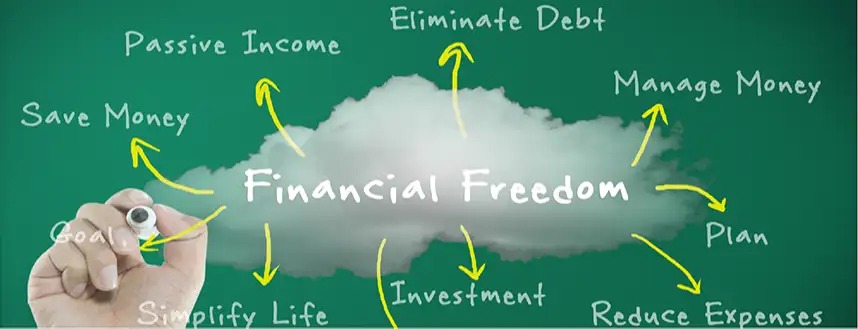Howdy,
I hope you have been great; myself I have been doing well. It is always a pleasure to catch up with you and discuss various issues and topics.
Honesty in communication is vital in any organisation. It helps strengthen trust and instil confidence as well as create room for constructive feedback. Corporate leaders must be able to identify the symptoms of the lack of candour and be determined to change the rules of such behaviour.
According to the World Economic Forum, candid and open conversations at work are a crucial part of psychological safety in the workplace; when employees are able to have candid conversations and know that they will be heard, and not punished or victimised, they are more engaged with and committed to their work.
Freedom to be candid doesn't mean it's okay to be disrespectful. One-sided conversations cause hurt feelings, sap morale and hinder resolution. When providing feedback, there are definitely positive ways in which honest feedback can be relayed without hurting the feelings of the other person. Here is a guide on how to have effective and candid conversations in the workplace.
Focus on the good of the company. The aim of feedback should be finding ways to solve problems or improve situations to build a better business together. At no point should the objective be to punish others or get the other person in trouble. The goal should be to improve the team dynamic, not foster division.
Stick to the facts. Favour verifiable statements over judgments. Stating “We received 10 customer complaints this week…” promotes thoughtful investigation as opposed to “Customers are complaining about you…” That encourages defensiveness.
Assume best intentions. No matter how much you may disagree with individual coworkers, it’s always a safe bet that everyone in the workplace wants to do a good job. Keeping this in mind can help prevent conversations from becoming too personal or accusatory. In the event that you happen to have the facts wrong or speak before knowing the whole story, you won’t look like a bad person when the truth comes to light. Always state your concern in a manner that recognises effort, such as “I think it’s great that you’re tackling the issue of X, but I worry that Y might happen if we approach it that way.”
Get to the point. Sugarcoating your feedback can raise anxiety and often muddles your message. Being polite but succinct shows others on your team that you value their time and know that they are professionals who can handle the truth when it’s presented properly. “I found a number in your report that seems off” may not be what someone wants to hear, but they’ll appreciate quickly knowing.
Be considerate. Candour does not mean disregarding other people’s feelings. Take a moment to gather your thoughts and composure before presenting negative feedback, and remember to keep language and tone civil. Likewise, avoid embarrassing someone in front of others. Leaders should be treated to this courtesy as well, meaning they shouldn’t be blind-sided during a meeting or subject to public belittling. If a topic needs to be discussed in a larger group, avoid singling any one individual out without first talking it over with them in private.
Don’t kill the messenger. Finally, realise that it requires courage for someone to come forward with unpleasant news. Take an individual’s comments seriously, but not personally, and remember that they are only trying to make the company better.
As I finish, I would like to remind you that the success of any enterprise is predicated on people working together effectively to produce great results. Candour gets everything out in the open and allows for productive, adult conversations. Great alignment and coordination demand the free flow of ideas, plans, and information.
Yours faithfully,
IMBA








